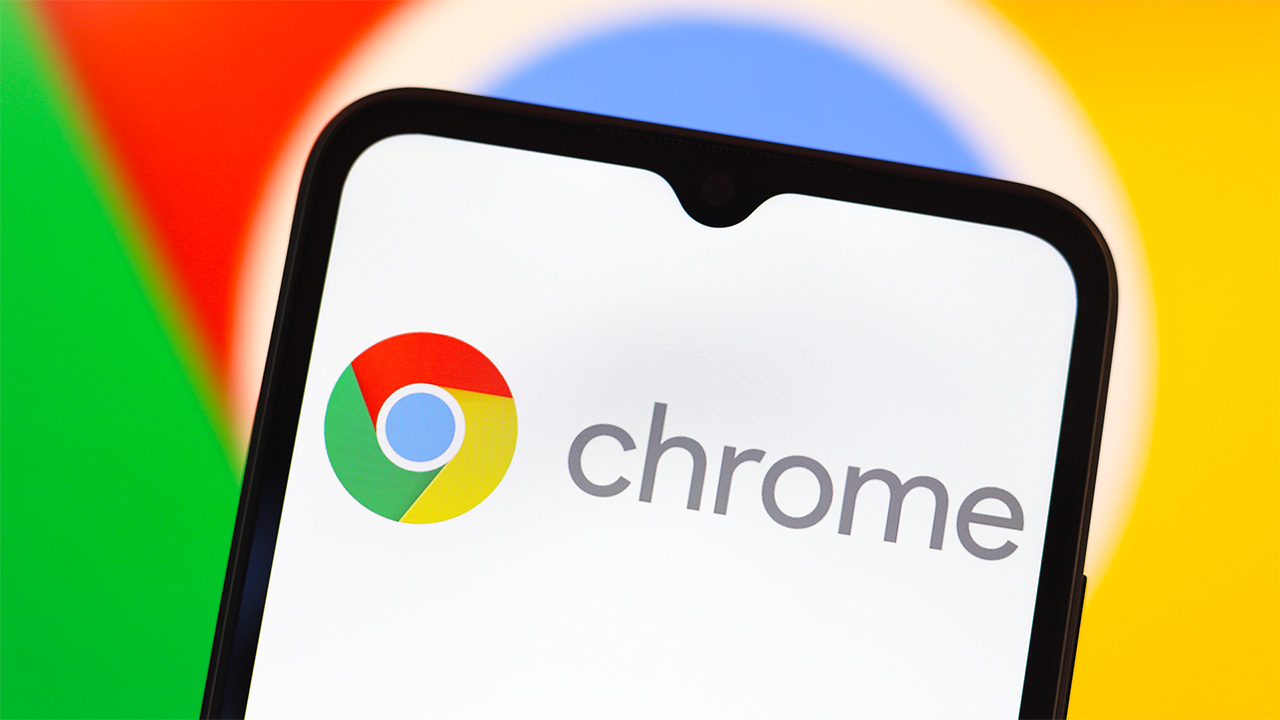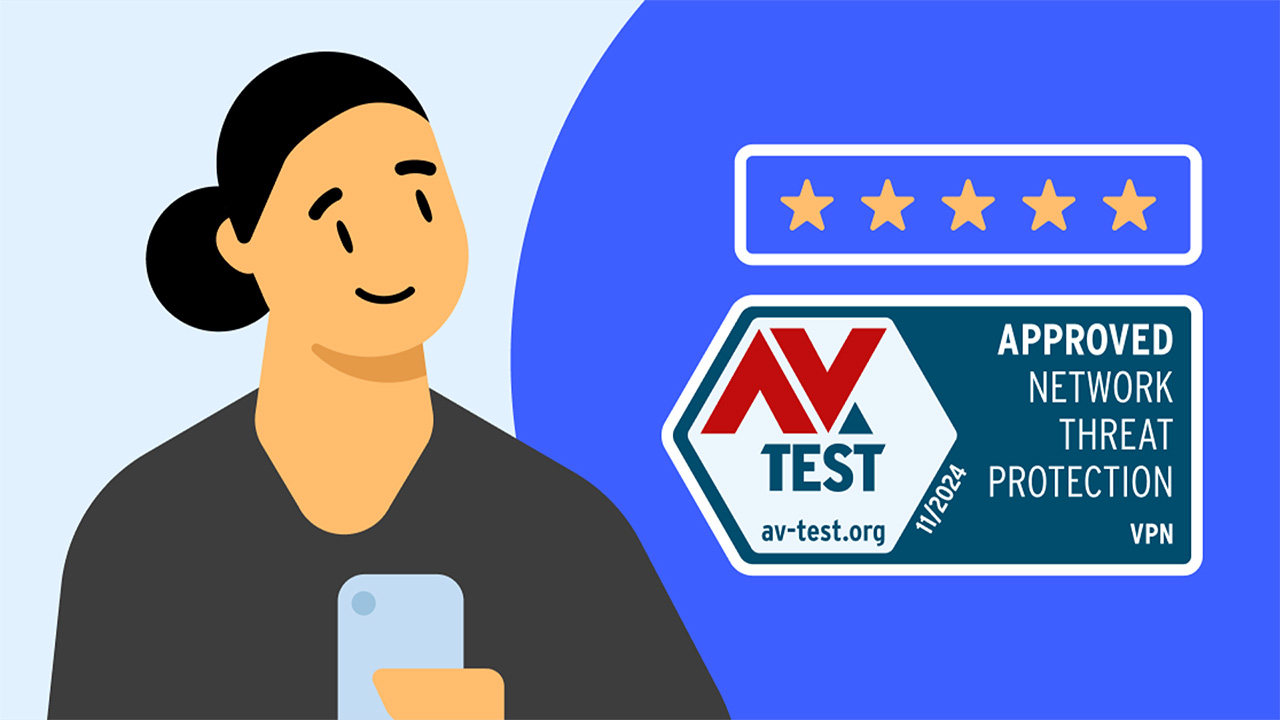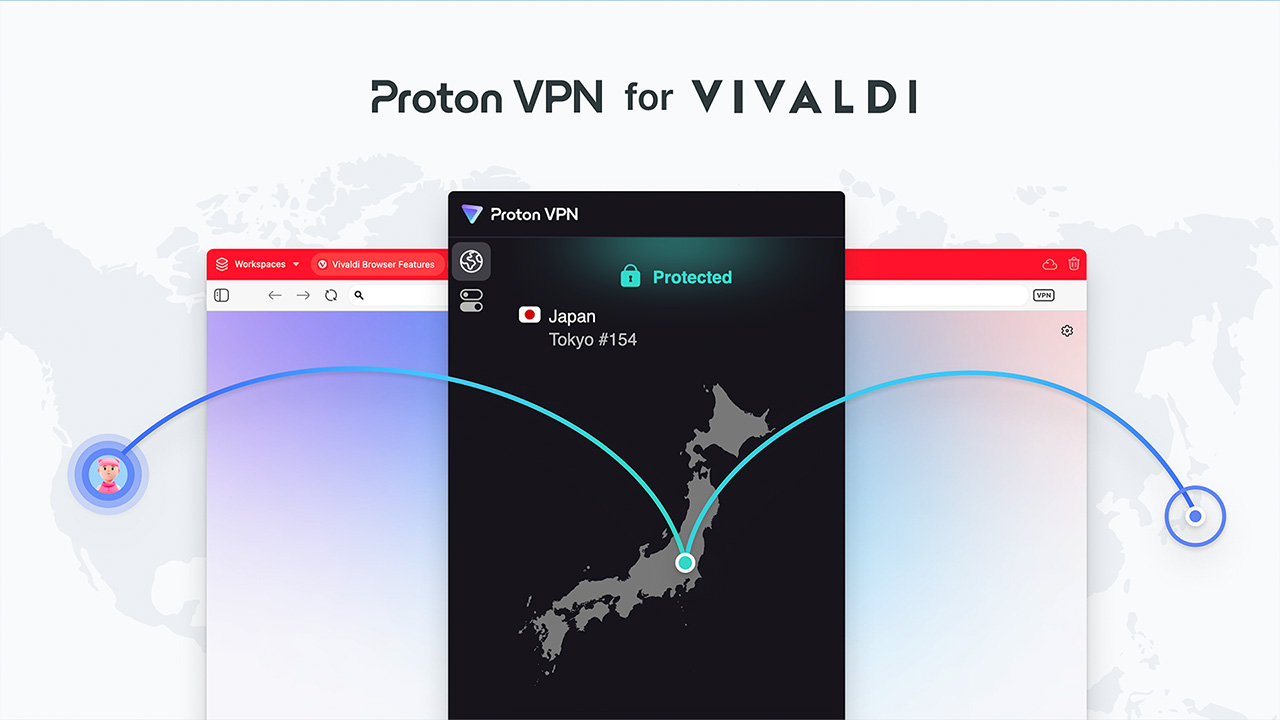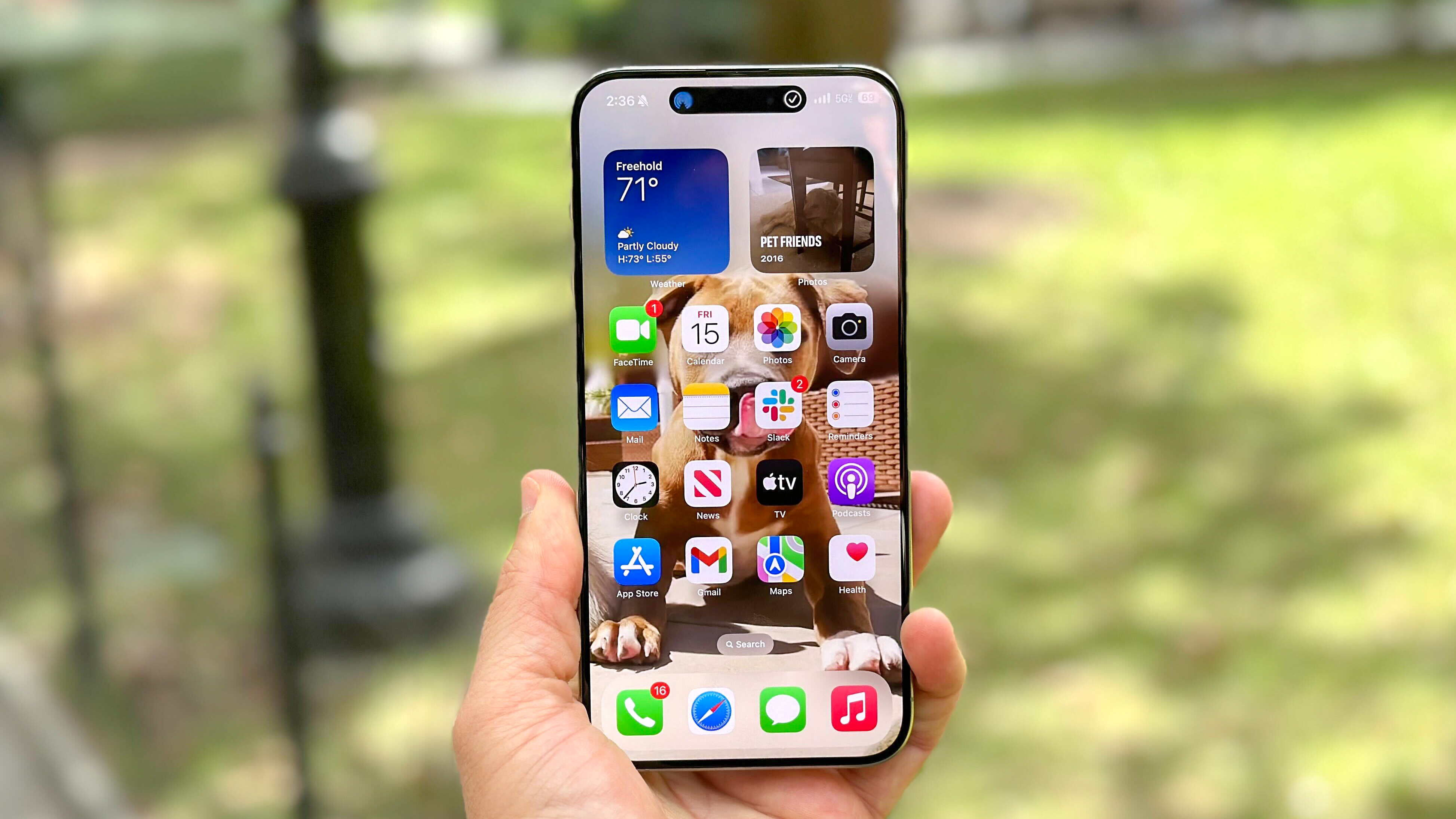Google Chrome U-turns on its use of trackers – here's how to stop them
Trackers are everywhere, but there are ways to protect yourself

Google has U-turned on its plans to roll-out a standalone prompt for third-party cookies and trackers in Chrome, leaving the data privacy of millions of users at risk.
In a blog post, Google said: "We’ve made the decision to maintain our current approach to offering users third-party cookie choice in Chrome, and will not be rolling out a new standalone prompt for third-party cookies."
Unlike privacy software like many of the best VPNs, major tech companies don't care about protecting the personal data of their users and have questionable data privacy practices.
Trackers, targeted ads, and cookies are all part of an ecosystem designed to profit and function from the collection of our personal data. But there are ways to combat this and wrestle back control of our data.
Use a tracker blocker
A tracker blocker is software designed to prevent cookies from tracking you across the internet. They often come in the form of browser extensions and are an excellent way of protecting your privacy.
The non-profit digital rights organization, the Electronic Frontier Foundation (EFF), has a free browser extension known as Privacy Badger. It prioritizes tracker blocking rather than ad blocking, only blocking ads that actively track you, and automatically learns to block invisible trackers.
Ghostery is another popular and free browser extension. The ad and tracker-blocker prevents private data from leaving your browser and regularly updates its tracker database.
uBlock Origin is also a popular ad and tracker-blocker, but it's currently unavailable on the Google Chrome Store. However, it can be downloaded via GitHub.

Some leading VPNs include tracker blockers in their plans. NordVPN and its Threat Protection Pro feature is a good example. It is a threat protection feature that blocks ads and trackers – it is also the best VPN malware protection.
Threat Protection Pro has already blocked over 177 billion trackers in the first three months of 2025, as well as 5 billion ads and 960 million cases of malware.
As well as NordVPN, ExpressVPN and Proton VPN both provide the ability to block trackers in their VPN settings but NordVPN's feature is the standout.
VPNs mask your IP address which can prevent you from certain, IP-related trackers. But using a VPN alongside a dedicated tracker blocker, or one that is bundled with your VPN plan, is the safest solution.

Switch to a secure browser
Major browsers are packed with trackers as standard. There are tracker-preventing settings and incognito modes in many, but if you want to truly protect your online privacy, then consider switching to a secure browser.
Popular browsers include Brave, Opera, Firefox, and DuckDuckGo, and all are designed to prevent trackers as standard.
Many also protect against "fingerprinting." This is when a list of user characteristics, including your device hardware, browser, and website location, is collected.
Seemingly insignificant data such as installed fonts or screen resolution can also be collected and stitching all this information together can create a unique and detailed "fingerprint" of your device.
Some secure browsers have built-in VPN protection or offer one as a paid add-on. Secure browser Vivaldi has recently partnered with Proton VPN to offer Proton VPN Free as a browser extension.
The EFF has a "Cover Your Tracks" tool which allows you to test your browser for tracking protections.
One of the most private VPNs, Mullvad, has developed its own secure browser in collaboration with the Tor Project. Private browsing is enabled by default, fingerprinting is protected against, and uBlock Origin is used to block ads.

Investigate and adjust settings
Big tech companies and major browsers benefit from tracking you, but you do have some control over the collection of your data.
You can limit some data collection and how much information is shared. Check your browser settings and disable as much tracking and data collection as possible. Using incognito mode as standard and deleting your browsing history are other actions you can take.
Chrome users can decide how ads are targeted through its "My Ad Centre" tool. It's worth remembering that Google's ecosystem – including YouTube and Gmail – can also track you and share data across profiles and devices, so change your settings for all accounts.
Although Chrome isn't removing all of its privacy protections, it's still one of the worst offending browsers for data collection and employees digital fingerprinting.
Disclaimer
We test and review VPN services in the context of legal recreational uses. For example: 1. Accessing a service from another country (subject to the terms and conditions of that service). 2. Protecting your online security and strengthening your online privacy when abroad. We do not support or condone the illegal or malicious use of VPN services. Consuming pirated content that is paid-for is neither endorsed nor approved by Future Publishing.

George is a Staff Writer at Tom's Guide, covering VPN, privacy, and cybersecurity news. He is especially interested in digital rights and censorship, and its interplay with politics. Outside of work, George is passionate about music, Star Wars, and Karate.
You must confirm your public display name before commenting
Please logout and then login again, you will then be prompted to enter your display name.
